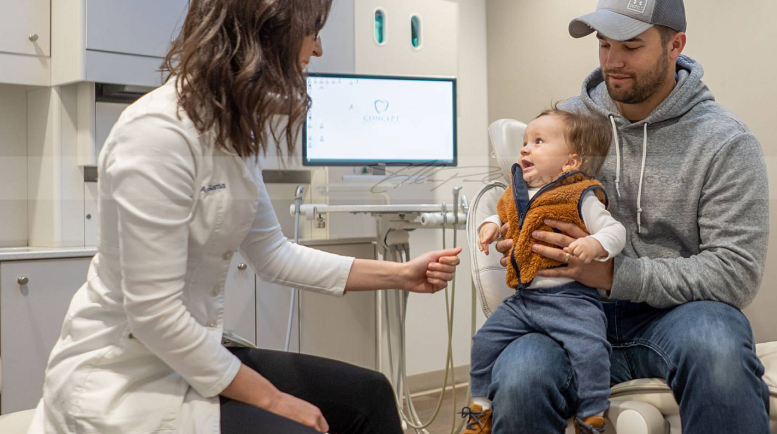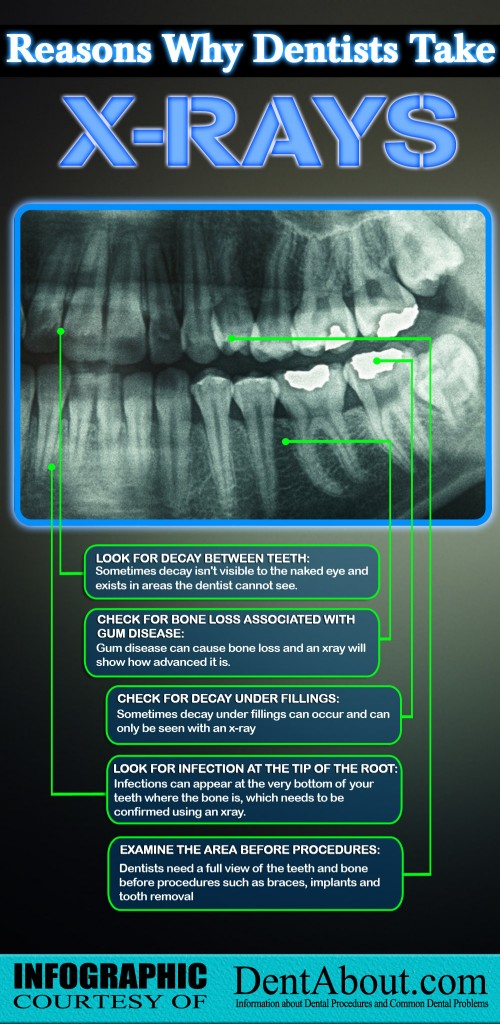This page includes a few of the most frequently asked dental questions our patients have. If you have any other questions, please contact us today for additional information.

Do you check for oral / mouth cancer?
We are committed to the prevention of oral cancer through the early identification of pre-cancerous conditions, and provide oral cancer screenings at each preventive care appointment. We will check for spots, cuts, swellings, growths or other abnormal areas.
Do you do anything to help with dental anxiety?
If you are nervous, anxious or just concerned about your dental appointment, we have several options for you. We provide nitrous oxide ("laughing gas") or our experienced anesthetists deliver IV (intravenous) sedation to put you at ease during your visit.
What options do you have for teeth whitening?
Concept Dentistry uses KöR Whitening Deep Bleaching System to transform teeth that are stained, discolored, or dull into a permanently bright smile.
KöR Whitening is ranked as the most effective, reliable way to whiten your teeth permanently by respected dental journals. It utilizes a combination of in-office and at-home treatments to allow us to achieve the most stunning results!
Contact Us for additional information on teeth whitening options.
Do you have Invisalign or options for clear braces?
Concept Dentistry offers several cosmetic orthodontic options including clear aligners from ClearCorrect along with ceramic and clear brackets if traditional brackets and wires are needed to straighten your smile. A consultation visit will allow us to evaluate your teeth and discuss the most effective cosmetic braces solution for you.
Does whitening my teeth hurt?
A common complaint with tooth whitening is sensitive teeth. The KöR Whitening Deep Bleaching System used at Concept Dentistry uses a whitening gel that, in most cases, produces low to no sensitivity. As a result, most patients have no discomfort from whitening when using this technique. Testing has shown that patients who do feel some sensitivity using the KöR Whitening Deep Bleaching System typically feel no more than 10% of the sensitivity they’d feel from other whitening gels.
Is whitening bad for my teeth?
Whitening products have been clinically studied and safely used on millions of patients without harm to teeth or gums. Teeth whitening treatments are considered safe when procedures are followed as directed. However, there are certain risks associated with bleaching that you should be aware of: sensitivity and gum irritation. Individuals at greatest risk for whitening sensitivity are those with gum recession, sensitive teeth prior to whitening, significant cracks in their teeth or leakage from faulty restorations. Whitening sensitivity usually lasts no longer than a day or two, but in some cases may persist up to a month. In the persistent cases, your dentist can recommend several different products to help with the discomfort. Occasionally patients who have tried whitening their teeth will experience some degree of gum irritation resulting from the contact with the whitening trays. Such irritation typically lasts up to several days, dissipating after bleaching has stopped.
Will my crowns and fillings whiten?
Restorations such as bonding, dental crowns or porcelain veneers are not affected by the whitening solution and therefore maintain their default color while the surrounding teeth are brightened. These tooth-colored restorations will likely need replacement after whitening if you think they are darker than the rest of your teeth.
Does whitening toothpaste help?
Stains on teeth can be classified in one of two ways: external or internal. External stains appear on the surface of your teeth. Whitening toothpastes and mouth rinses may be able to remove some of the external stains on your teeth. All toothpastes help remove surface stain through the action of mild abrasives. “Whitening” toothpastes have special chemical or polishing agents that provide additional stain removal effectiveness, but do not remove internal discoloration in the deeper layers of your teeth.
What age should my child start coming to the dentist?
The American Dental Association (ADA) recommends that a dentist examine a child within six months after the first tooth comes in and no later than the first birthday. A dental visit at an early age is a “well-baby checkup” for the teeth. Besides checking for tooth decay and other problems, your dentist can show you how to clean the child’s teeth properly and how to evaluate any adverse habits such as thumbsucking. These early dental visits give us a chance to talk about ways to give your child a healthy smile for life.
What is the best toothpaste?
The American Dental Association (ADA) and dentists at Concept Dentistry recommend that children and adults use fluoride toothpaste. As long as it has fluoride in it – and you’re using it twice a day – pick your favorite! You and your dentist are partners in your dental care. Do you part by brushing twice a day and flossing daily! Then let us do our part when we see you every six months!
What’s the difference between a deep cleaning and a regular cleaning?
A routine hygiene cleaning can also be called a healthy mouth cleaning. Your hygienist will remove any of the soft and hard buildup above your gums that you miss when brushing and flossing at home. Thanks to your excellent home care, your gums are healthy and only require a tune-up every six months.
Scaling and root planing (SRP) is a special deep cleaning used to effectively treat periodontal (gum) disease. Unlike a healthy mouth cleaning, SRP requires cleaning the surfaces of the teeth below the gumline and the root surfaces, where the bacteria and buildup causing gum disease are located. The removal of these deposits promotes healing of the gum tissues.
Is it okay to have work done or x-rays when I’m pregnant?
It is important to see your dentist for an evaluation of your oral and dental health as soon as you find out you are pregnant to determine if any dental care is necessary. Studies have shown that dental treatment while pregnant is not linked to pregnancy complications. If necessary, dental treatment will be planned for your second trimester into the beginning of your third trimester when it is most comfortable for you to be in the dental chair. Periodontal (gum) disease has been linked to preterm delivery and low birth weight babies, so it is important to maintain healthy gums at home with brushing and flossing, and maintaining regular visits with your doctor.
Exposure to x-rays will be limited and will only be done in urgent dental situations. Radiation from dental x-rays is very low, but additional precautions will be taken to limit your exposure.
Do I really need fluoride at my age? How does fluoride work?
Every day minerals are lost and added to your tooth’s enamel layer. Minerals are lost (demineralization) when acid – from the bacteria in plaque and sugars – attack your tooth. Minerals such as calcium, fluoride and phosphate are added (remineralization) from the foods and waters we consume. If we lose more minerals than are added back to your tooth’s enamel, a cavity is formed. Fluoride helps prevent tooth decay because it makes the tooth’s surface more resistant to acid attacks. It can also reverse early decay.
It is a common misconception that only children need fluoride treatments. It is very important for younger children to have fluoride while their teeth are developing, but adults are at increased risk for developing tooth decay as well. Many adults are at increased risk for developing cavities due to one or several of the following conditions: dry mouth (from medication use or cancer treatments), history of frequent cavities, and presence of dental work, or gum disease. Fluoride also helps speed remineralization as well as disrupts acid production in already erupted teeth of both children and adults.
Why do I have to have x-rays taken every year?

